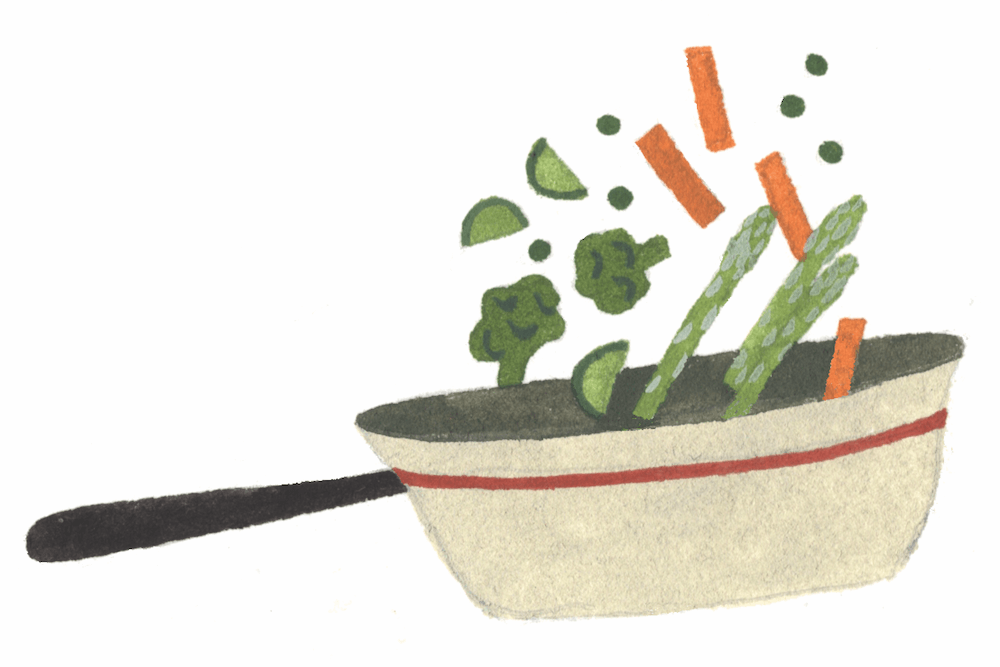A lethal pandemic, disrupted global supply chains, record restaurant closures and rising social-justice concerns. Perfect timing for a new college degree in food issues this fall, right?
Apparently, yes.
“The whole world has been turned upside down, and there are a lot of new issues in terms of food that have come to the fore,” says Lori Stahlbrand, co-developer of a new four-year Honours Bachelor of Food Studies at George Brown College in Toronto.
“Food is a major contributor to climate change and greenhouse gases,” she says. “It is a major employer and now is going through a massive upheaval.” In March, a United Nations study linked one-third of global greenhouse emissions caused by human activity to the production, processing and packaging of food.
At George Brown, with a long-established chef school, the food-studies degree aims to put eating in context, with sustainability, equity, health and nutrition, and food policy as foundational themes of the farm-to-table enterprise.
“It is really about training the leaders within the food sector for tomorrow,” says Stahlbrand. A recognized food-policy analyst and non-profit leader, she previously led the
implementation of a local, sustainable food-purchasing program at the University of Toronto.
In 2019, George Brown hired her and Caitlin Scott, who holds a PhD in social and ecological sustainability from the University of Waterloo, as professors to design the new program from scratch.
Over four years of study, students will be expected to develop their culinary skills while they learn about the dynamics of local, national and international food systems; analyze social, political and environmental aspects of food theory and practice; incorporate health, equity and sustainability perspectives in their activities; and communicate effectively about food issues with a variety of stakeholders.
Believed to be the first of its kind in Canada, the program makes a “bold statement,” says Sylvain Charlebois, director of Dalhousie University’s Agri-Food Analytics Lab.
“They are not just looking at graduating new students so they can get jobs,” says Charlebois, a professor and researcher in food distribution and policy. “They are looking at changing the world here … I am very impressed with the program’s DNA.”
Toronto chef and restaurant owner Brad Long, known for his local and sustainable food practices, served on a program advisory council for the degree.
“Immediately, you realize that this is something that should have existed long ago,” he says, noting the program’s holistic design. “It is about having people understand at greater depth what they are doing. That is always going to make any process better in a lot of ways.”
This September, George Brown expects to enrol 24 students, growing to a class of 60 in several years. Stahlbrand says the program, directed at high school graduates and older learners with appropriate academic records, will likely eventually include an option for graduates of the college’s two-year culinary program to count those credentials toward completion of the four-year degree.
One member of the initial cohort is Meggie Adamu, 27, who is deeply rooted in her family’s Ethiopian food culture. After graduating in political science and sociology from McMaster University five years ago, she worked in various food-industry-related jobs, but not as a cook.Prior to the pandemic, she organized special events to show off the cuisine of low-traffic restaurants in the Hamilton area. But with COVID-19 shutting down restaurants, she decided to explore ways to develop food products from popular Ethiopian ingredients, such as souff (known as safflower in Canada). While safflower oil is familiar to Canadians, Adamu says Ethiopians “milk” the seed to produce alternatives to dairy products, such as yogurt, during religious fasts.
The new degree “is the perfect program for me,” says Adamu, given her entrepreneurial and culinary ambitions to integrate Western and Ethiopian cooking practices in the kitchen. After graduation, she hopes to work with her aunt, who opened an Ethiopian food truck business in Toronto several years ago.
In preparing for a post-pandemic world, Stahlbrand is eager to rethink the role of food in society.
“Food is no longer just about what we are going to have for dinner, flavour and the best ingredients,” she says. “They are tied into a global food system.”







